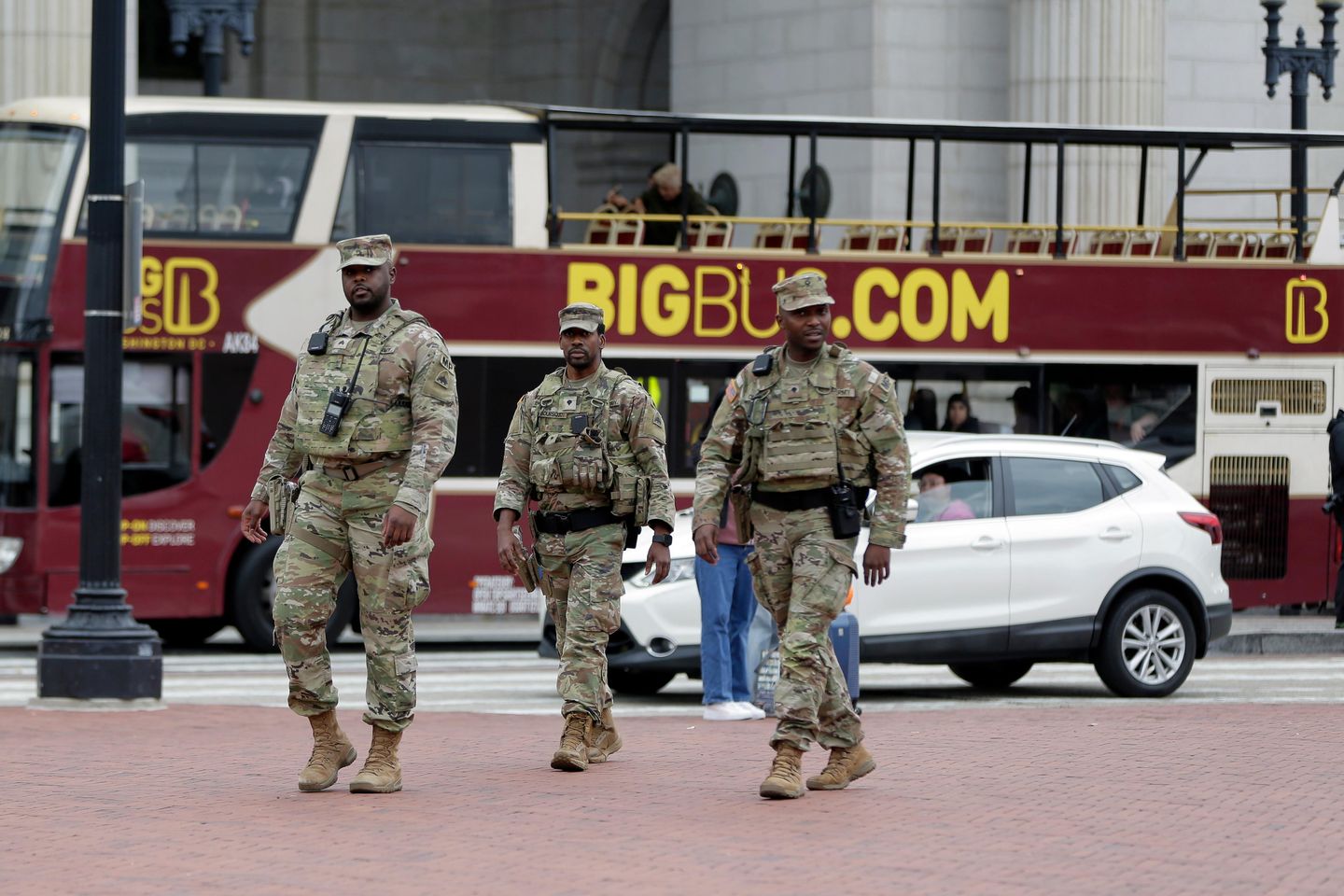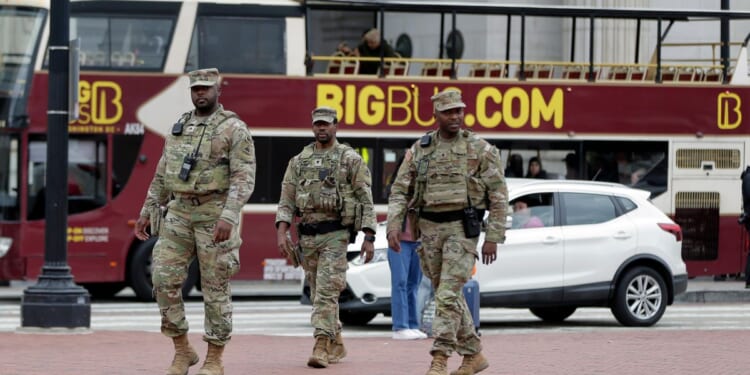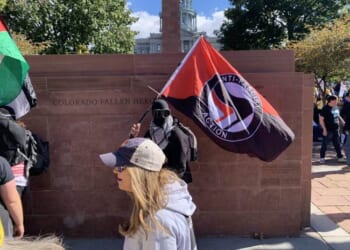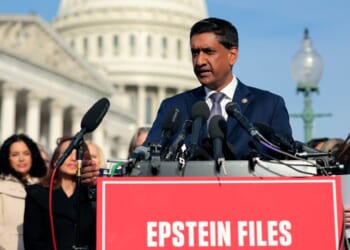
Don’t miss the full story from our staff writers, whose reportage is the basis of this article.
A federal judge ruled Thursday that the Trump administration violated the law by deploying National Guard troops to patrol Washington, D.C., without the city’s consent. Judge Jia Cobb, appointed by President Biden, stayed her decision for three weeks to allow time for an appeal.
The ruling found that President Trump exceeded his legal authority in calling up the Guard for police duties. Judge Cobb determined that the Defense Department also lacked the power to summon National Guard members from other states to assist with the deployment. She emphasized that while there are strong opinions on both sides about whether these deployments represent sound policy, the court’s role was limited to determining the lawfulness of the defendants’ actions.
The judge concluded that the District of Columbia’s exercise of sovereign powers within its jurisdiction was irreparably harmed by the Guard deployments, and that both the balance of equities and public interest favored the District.
The White House defended the president’s actions, with spokeswoman Abigail Jackson stating that Trump remains within his lawful authority to deploy the National Guard in Washington to protect federal assets and assist law enforcement. She characterized the lawsuit as an attempt to undermine the president’s successful operations against violent crime in the capital.
District Attorney General Brian Schwalb, who filed the lawsuit, called the military presence an “involuntary military occupation” and hailed the decision as a victory for D.C. home rule. He warned that normalizing military troops for domestic law enforcement sets a dangerous precedent, arguing no president should be able to disregard states’ independence and deploy troops anywhere without checks on military power.
The deployment, which began in August, currently includes more than 2,000 guardsmen, with over 1,000 coming from nine states outside the District: South Carolina, West Virginia, Mississippi, Louisiana, Tennessee, Ohio, Georgia, Alabama and South Dakota. Indiana is scheduled to contribute 300 guardsmen next month. Under current orders, troops were to remain through at least February.
Judge Cobb rejected Trump’s constitutional and statutory justifications. She ruled that because Congress controls the District, the president’s Article II commander-in-chief powers don’t apply. She found that existing law governing presidential power over city troops extends only to drills, inspections, ceremonial duties and instances when civil authorities request assistance—not patrol duties.
The case is part of a broader pattern of Trump using military forces to accomplish policy goals. Similar Guard deployments to Chicago and Portland have been blocked by federal courts. The Supreme Court is currently considering the Chicago deployment, and its ruling will likely guide outcomes in other cases, including any appeal of Judge Cobb’s decision.
Read more: Judge rules Trump’s deployment of National Guard in D.C. illegal
This article is written with the assistance of generative artificial intelligence based solely on Washington Times original reporting and wire services. For more information, please read our AI policy or contact Ann Wog, Managing Editor for Digital, at awog@washingtontimes.com
The Washington Times AI Ethics Newsroom Committee can be reached at aispotlight@washingtontimes.com.
















